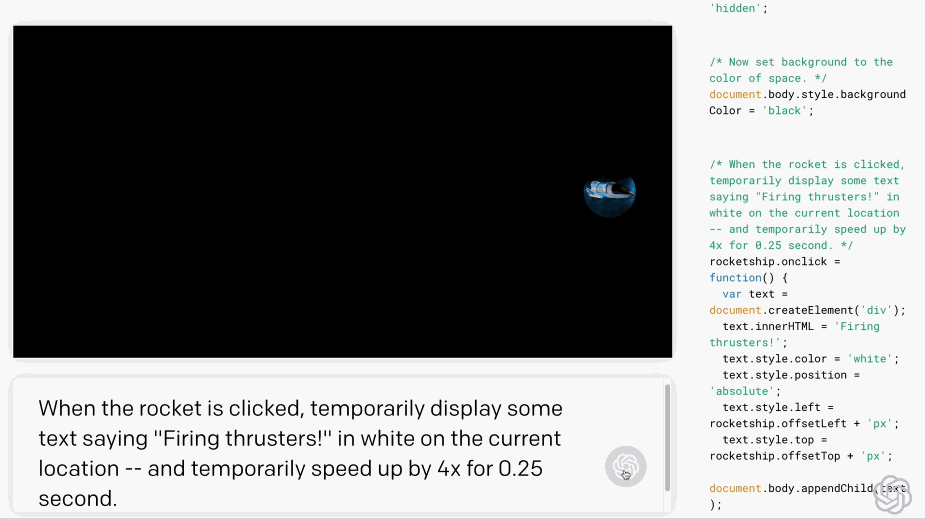Coding is a must-have skill in today’s digital era to understand the technology. And OpenAI is making it as easy as possible by launching a new software “Codex,” which will translate the English language to code through an API in private beta. This machine learning tool will help professional programmers to accelerate their work and also helps non-professionals in coding.
In demos, OpenAI shows that Codex can be used to make simple websites as well as basic games using natural language. Codex will convert English commands into code but patience is needed to operate.
OpenAI’s CTO and co-founder Greg Brockman told The Verge,
“We see this as a tool which will multiply programmers. Programming has two parts to it: thinking hard about the problem to understand it and then plot those pieces to existing code, whether it is a library, a function or an API”.
An earlier version of this software is used to raise a tool “Copilot“, a Github service offering suggestions to complete lines of code as users type them out. Now it will be made more advanced, not just by completing code but also by creating it.
According to The Verge, during the demo, it is noticed that the working of Codex is smooth. Greg Brockman says “Sometimes it doesn’t know exactly what you’re asking, so you have to think a little about what’s going on but not super deeply”. This means Codex also may have some limitations. It is not a magical tool that will read the brain of a user and convert every command into code and won’t turn non-professionals into professionals overnight.
According to project lead Wojciech Zaremba, the programming languages are becoming more high-level as earlier programming languages resembled English by using vocabulary like ‘print’ or ‘exit’ so that more people become able to program and the next part is writing specialized code language and replacing it with English language commands. He also said that it will bring humans closer to computers by letting them speak English rather than machine code.
Codex will be available via API, more proficient in Python with other languages including JavaScript, Go, Perl, PHP, Ruby, Swift, and Typescript, and is free during the initial period so that anyone can try it.
Here’s one of the examples shared by the company itself:

